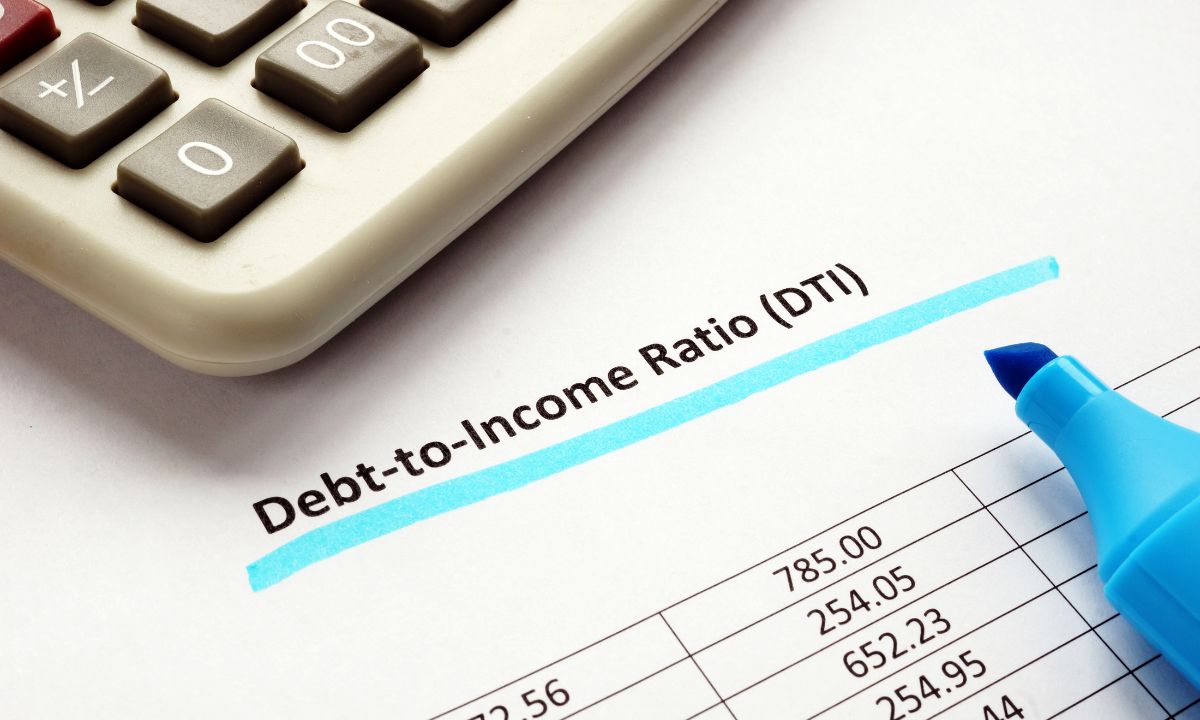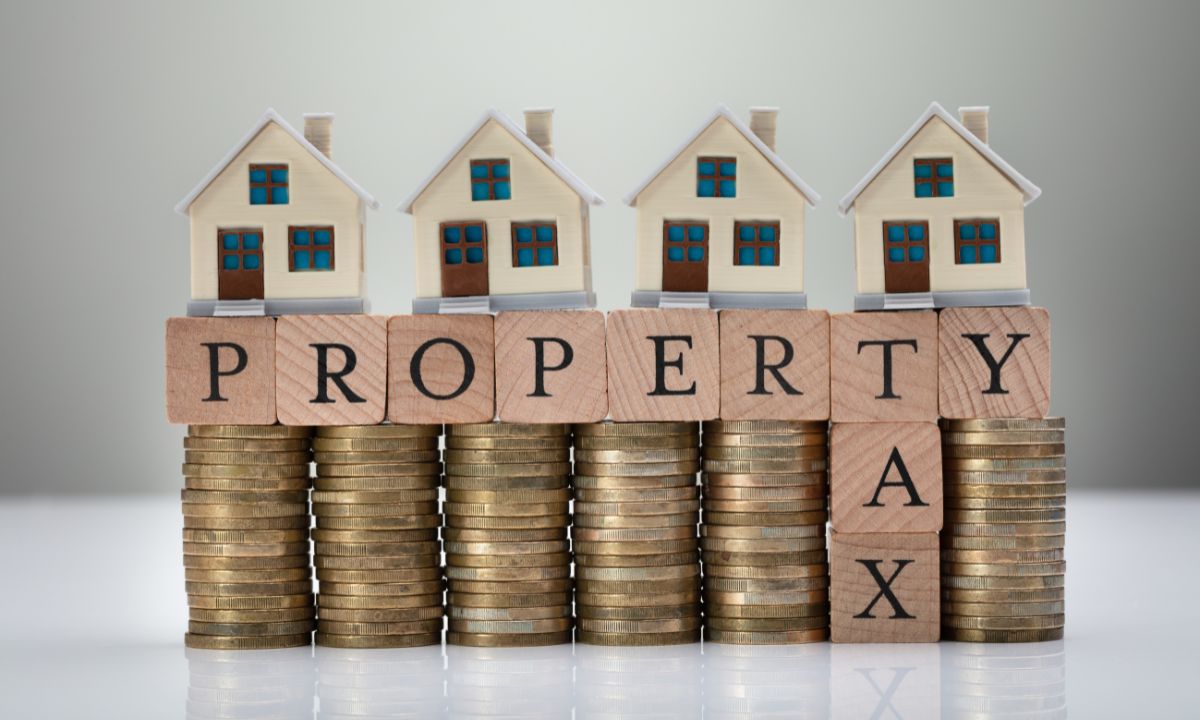 When it comes to buying real estate, stepping into your dream home isn’t just a matter of physical visits anymore. Thanks to the innovative integration of virtual reality (VR) technology, prospective buyers and curious renters can now explore properties from the comfort of their own spaces. This revolutionary shift not only transforms the way we house-hunt but also reshapes our perceptions of what the future holds in real estate.
When it comes to buying real estate, stepping into your dream home isn’t just a matter of physical visits anymore. Thanks to the innovative integration of virtual reality (VR) technology, prospective buyers and curious renters can now explore properties from the comfort of their own spaces. This revolutionary shift not only transforms the way we house-hunt but also reshapes our perceptions of what the future holds in real estate.
Virtual reality, once confined to the realms of gaming and entertainment, has now found a profound purpose in the world of property viewing. The concept is simple yet ingenious: using VR headsets, users can immerse themselves in a simulated environment that replicates the look and feel of real properties. From spacious living rooms to sunlit kitchens, every nook and cranny is at your fingertips without ever setting foot outside.
Impacts: One of the most significant impacts of VR in real estate is its ability to transcend geographical barriers. No longer bound by distance or time constraints, potential buyers can explore properties located oceans away with just a click of a button. This accessibility not only broadens the scope of available options but also streamlines the decision-making process for both buyers and sellers.
Convenience: Virtual reality tours offer unparalleled convenience and flexibility. Imagine being able to visit multiple properties in a single afternoon without battling traffic or coordinating schedules. With VR, the entire house-hunting experience is simplified, allowing users to focus solely on the features that matter most to them.
Creative: But perhaps the most compelling aspect of VR in real estate lies in its transformative power to spark imagination and creativity. Through immersive 3D models and interactive simulations, buyers can envision themselves living in a space long before they sign on the dotted line. From customizing interior designs to visualizing potential renovations, VR empowers individuals to turn their housing dreams into tangible realities.
Advanced Marketing: For real estate developers and agents, virtual reality represents a powerful tool for marketing and sales. By offering virtual tours of properties, they can attract a wider audience and showcase the unique selling points of each listing in captivating detail. Additionally, VR enables agents to engage with clients on a deeper level, guiding them through properties and addressing concerns in real time.
Challenges: Of course, like any technological advancement, VR in real estate is not without its challenges. Skeptics may question the reliability of virtual tours compared to traditional in-person visits, citing concerns about accuracy and authenticity. However, as VR technology continues to evolve and improve, these apprehensions are gradually being dispelled, paving the way for a more immersive and trustworthy real estate experience.
The impact of virtual reality in real estate is undeniable. It’s not just about buying a property; it’s about embarking on a journey of exploration and discovery, where the boundaries between imagination and reality blur. Whether you’re a first-time buyer or a seasoned investor, VR opens doors to a world of possibilities, inviting you to step inside and make yourself at home.
 When it comes to securing a mortgage for your dream home, there’s a crucial number that can make or break your application: your debt-to-income ratio (DTI). Understanding and managing your DTI is essential for navigating the mortgage approval process smoothly. Let’s delve into what DTI is, why it matters, and how you can calculate it.
When it comes to securing a mortgage for your dream home, there’s a crucial number that can make or break your application: your debt-to-income ratio (DTI). Understanding and managing your DTI is essential for navigating the mortgage approval process smoothly. Let’s delve into what DTI is, why it matters, and how you can calculate it. In the dynamic landscape of financial markets, real estate has long been considered a stable and lucrative investment. However, as economic forces continue to shape our world, investors must comprehend the multifaceted relationship between inflation and real estate.
In the dynamic landscape of financial markets, real estate has long been considered a stable and lucrative investment. However, as economic forces continue to shape our world, investors must comprehend the multifaceted relationship between inflation and real estate. In the wake of the COVID-19 pandemic, the way we work underwent a profound change in the way most people do business. It became apparent that working from home was more than a temporary change. As companies adapted to remote work models, many employees found themselves unleashed from traditional office spaces.
In the wake of the COVID-19 pandemic, the way we work underwent a profound change in the way most people do business. It became apparent that working from home was more than a temporary change. As companies adapted to remote work models, many employees found themselves unleashed from traditional office spaces. Buying a home is often considered one of the most significant financial and emotional investments in a person’s life. Beyond the mere transactional aspect, the process of purchasing a home is deeply intertwined with human emotions and psychology. From excitement to anxiety, hope to hesitation, the journey of home buying is laden with a complex interplay of feelings that greatly influence our decisions. Let’s explore how emotions can sway real estate decisions.
Buying a home is often considered one of the most significant financial and emotional investments in a person’s life. Beyond the mere transactional aspect, the process of purchasing a home is deeply intertwined with human emotions and psychology. From excitement to anxiety, hope to hesitation, the journey of home buying is laden with a complex interplay of feelings that greatly influence our decisions. Let’s explore how emotions can sway real estate decisions. Many homeowners seek to enhance their living spaces while concurrently adding value to their properties. However, numerous home improvement initiatives often come with exorbitant price tags, reaching six figures for extensive renovation projects. Nonetheless, there exist cost-effective alternatives that homeowners can explore.
Many homeowners seek to enhance their living spaces while concurrently adding value to their properties. However, numerous home improvement initiatives often come with exorbitant price tags, reaching six figures for extensive renovation projects. Nonetheless, there exist cost-effective alternatives that homeowners can explore. Purchasing a new home is an exciting milestone, but it also comes with various responsibilities, including understanding property taxes. Property taxes are a crucial aspect of homeownership, as they contribute to local government funding and services. In this guide, we’ll break down everything you need to know about property taxes as a new homebuyer.
Purchasing a new home is an exciting milestone, but it also comes with various responsibilities, including understanding property taxes. Property taxes are a crucial aspect of homeownership, as they contribute to local government funding and services. In this guide, we’ll break down everything you need to know about property taxes as a new homebuyer. Preparing to sell your home requires numerous decisions: Should you freshen up the paint? Finally, finish the basement. Renovate the bathroom? These questions often dominate the pre-sale planning. However, before diving into renovations, it is important to understand how your home has held up over time. One fundamental step in this process is investing in a professional home inspection. Here’s why.
Preparing to sell your home requires numerous decisions: Should you freshen up the paint? Finally, finish the basement. Renovate the bathroom? These questions often dominate the pre-sale planning. However, before diving into renovations, it is important to understand how your home has held up over time. One fundamental step in this process is investing in a professional home inspection. Here’s why. For the brave men and women who have served in the armed forces, the dream of homeownership becomes more attainable and rewarding through the power of VA loans. We will discuss the unique features that make VA loans a tool for veterans, empowering them to secure homes with financial flexibility and favorable terms.
For the brave men and women who have served in the armed forces, the dream of homeownership becomes more attainable and rewarding through the power of VA loans. We will discuss the unique features that make VA loans a tool for veterans, empowering them to secure homes with financial flexibility and favorable terms.